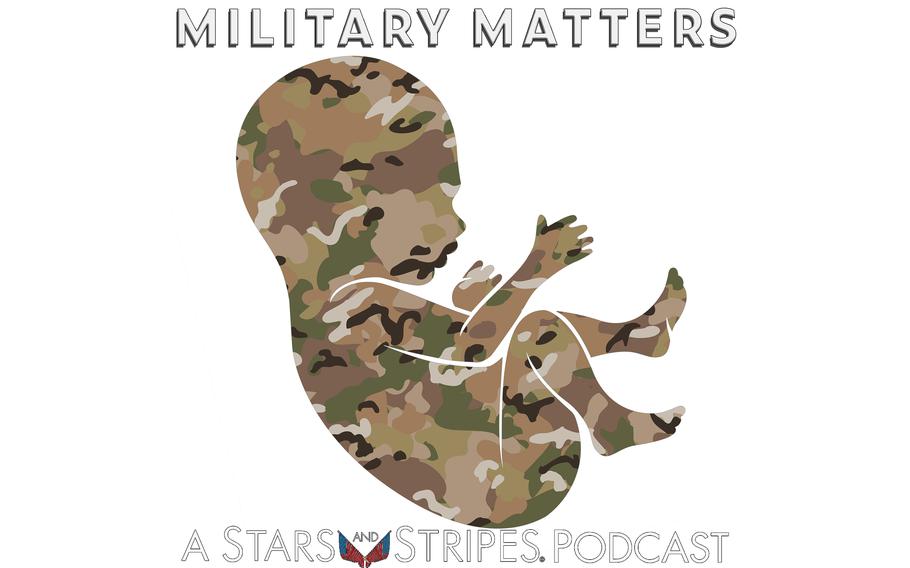
(Stars and Stripes)
In June, the U.S. Supreme Court in a 5-4 vote overturned Roe v. Wade, the landmark 1973 decision that codified the right to an abortion.
The controversial ruling, which returned the ability to regulate abortions to state governments, has led to “trigger bans” being enacted in at least 11 states, while others have moved to protect abortion rights. But for service members, abortion access was already an issue due to the 1977 Hyde Amendment, which prohibits the federal government from providing abortions except in cases of rape, incest or a danger to the mother’s life.
In this episode of Military Matters, host Rod Rodriguez spoke with Stars and Stripes reporter Nancy Montgomery about her coverage of these issues. He also interviewed military spouse and Air Force reservist Bari Wald, who seven years ago underwent a nightmarish experience in a Japanese hospital on Okinawa.
Montgomery, who spoke with Wald and others for her story “Military women say DOD reproductive health care far from ‘seamless’ in post-Roe era,” discussed how devastating it was for these women when their pregnancies went wrong.
“These women … they're sort of just like, ‘Well, the baby's going to die; I wonder if it's going to die tonight?’ ” Montgomery said. “Or they go through the most terrible of emotions because they're bonded with this. They think of it as their babies, and they are also second trimester abortions often. It's just really, really tragic. And to have them not be able to have the choice — to have them have to carry that baby, that fetus, knowing it's going to die at some point — it's beyond cruel to me.”
Wald learned there were “lots of issues” with her son at about week 17 or 18 of her pregnancy. Because of the Hyde Amendment, the naval hospital on Okinawa was unable to perform an abortion for her, and she didn’t have enough time to return to the States to have the abortion.
In the Japanese clinic she underwent a failed procedure with no anesthesia, and woke up the next day with a 105-degree fever from sepsis due to a lacerated cervix. Only then could the naval hospital perform the abortion.
“People don't want federal money to fund abortions but what they're not seeing are the aftereffects and how much money has been spent on my health care due to this botched abortion that led to an emergency C-section, that then led to another C-section that led to lots of mental health treatment,” Wald said. “So if people want to say, ‘Well, I don't want my money going toward that,’ well, I promise you it's going to go toward it in some capacity when it comes to military and their families.”
You can find Military Matters on Twitter @stripesmmpod.
Follow Jack Murphy on Twitter @jackmurphyrgr and Rod Rodriguez @rodpodrod.
A transcript of the episode can be found here.
Go to www.stripes.com, use promo code PODCAST and save 50% on your digital subscription.